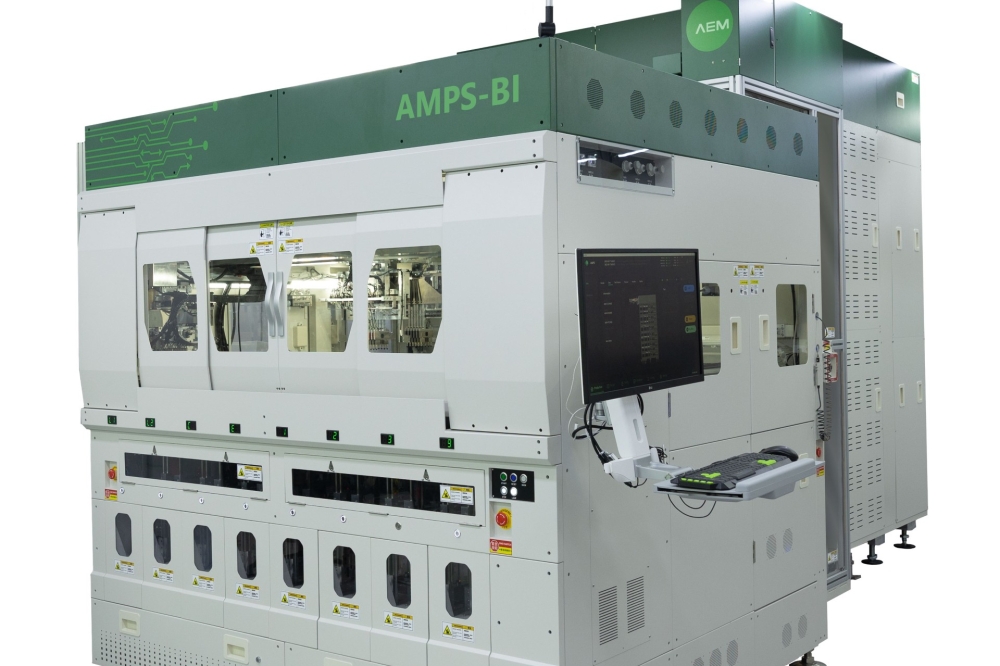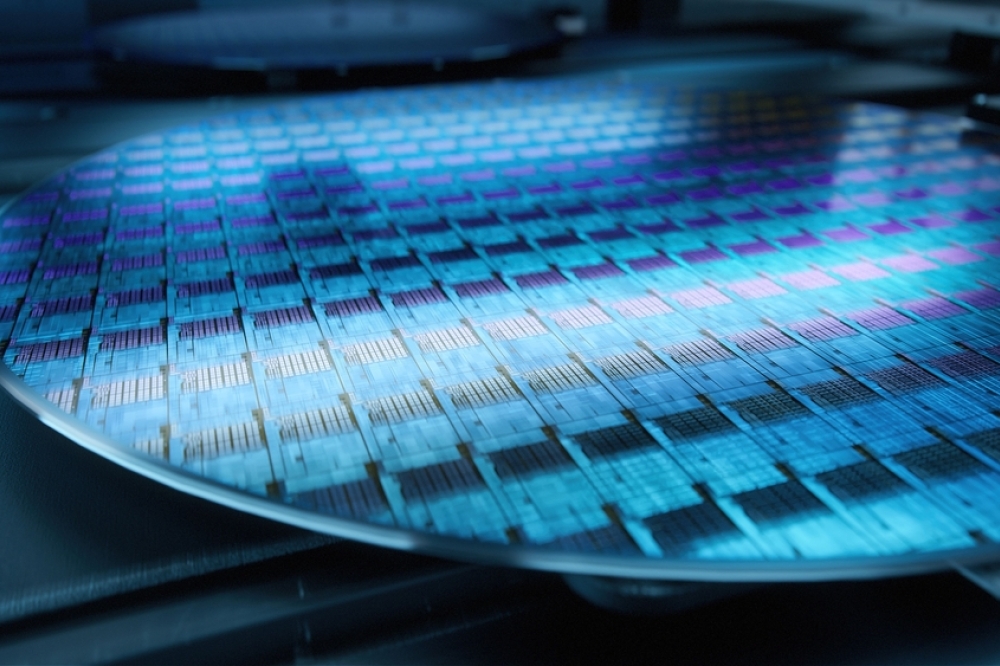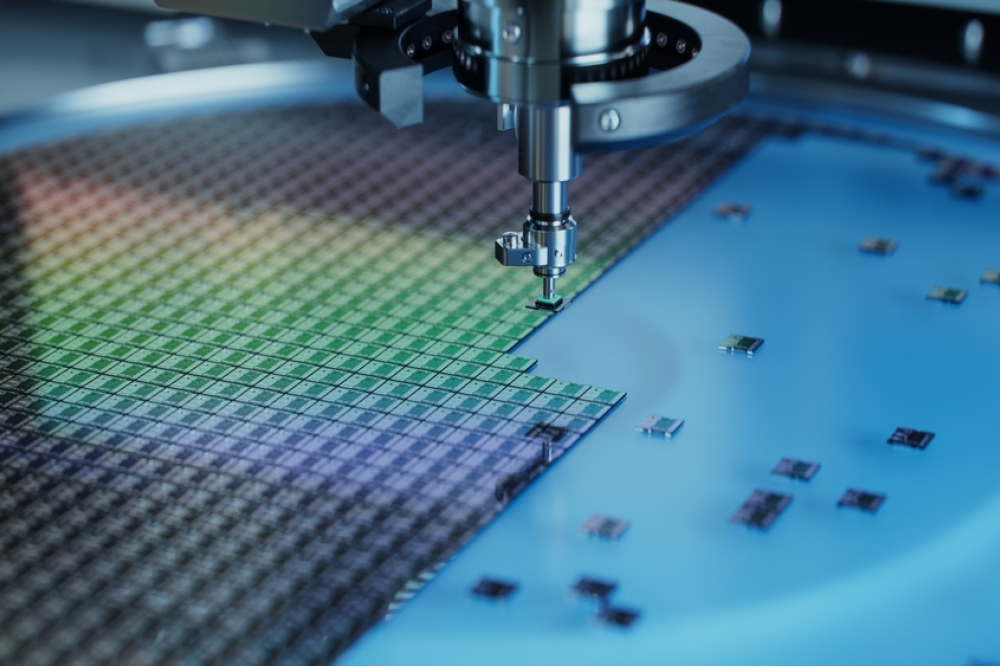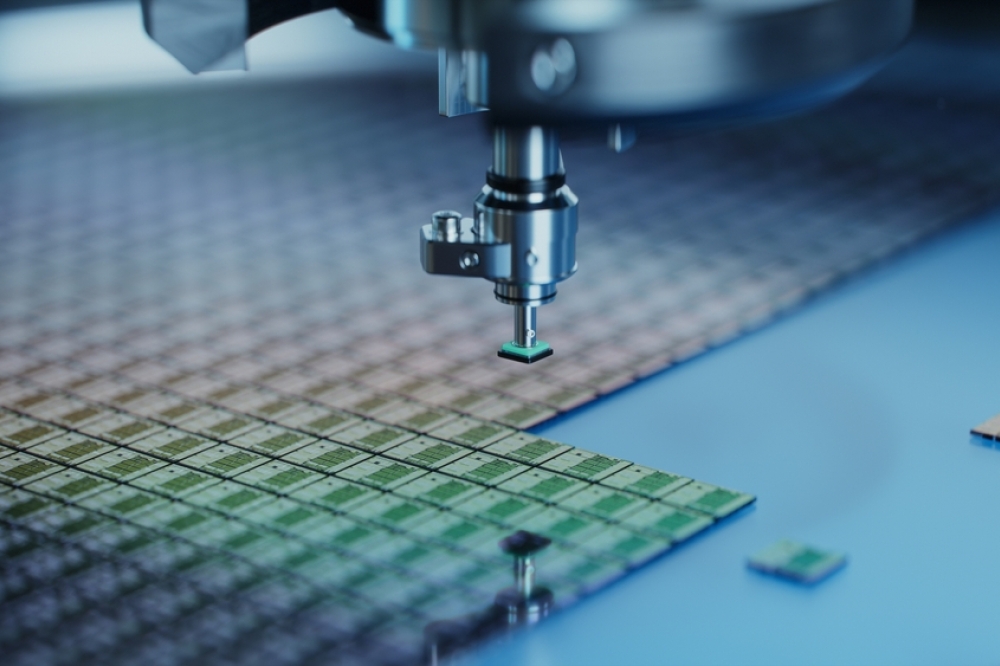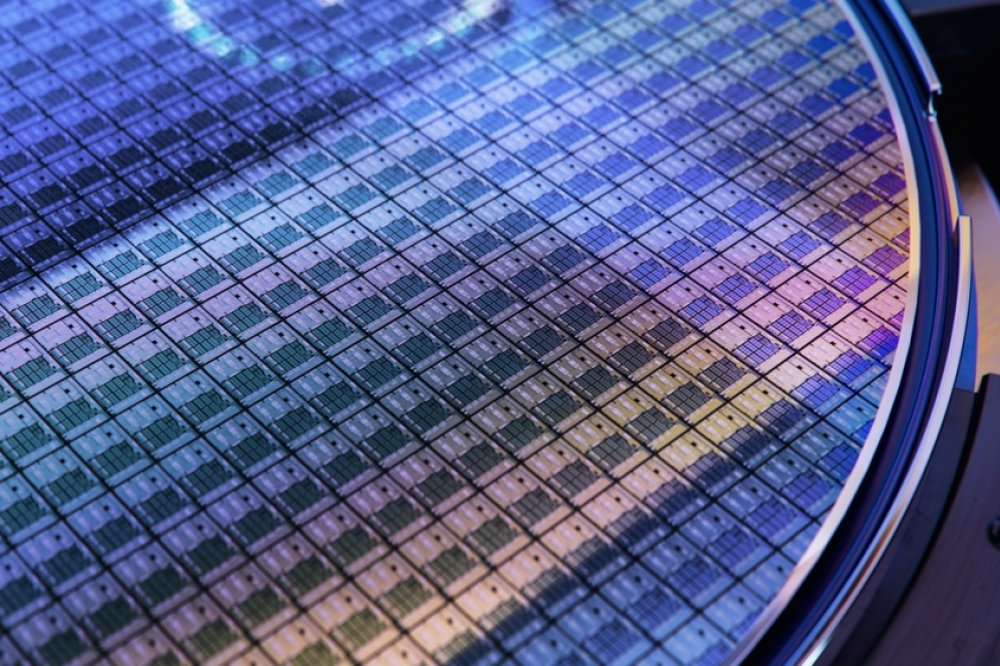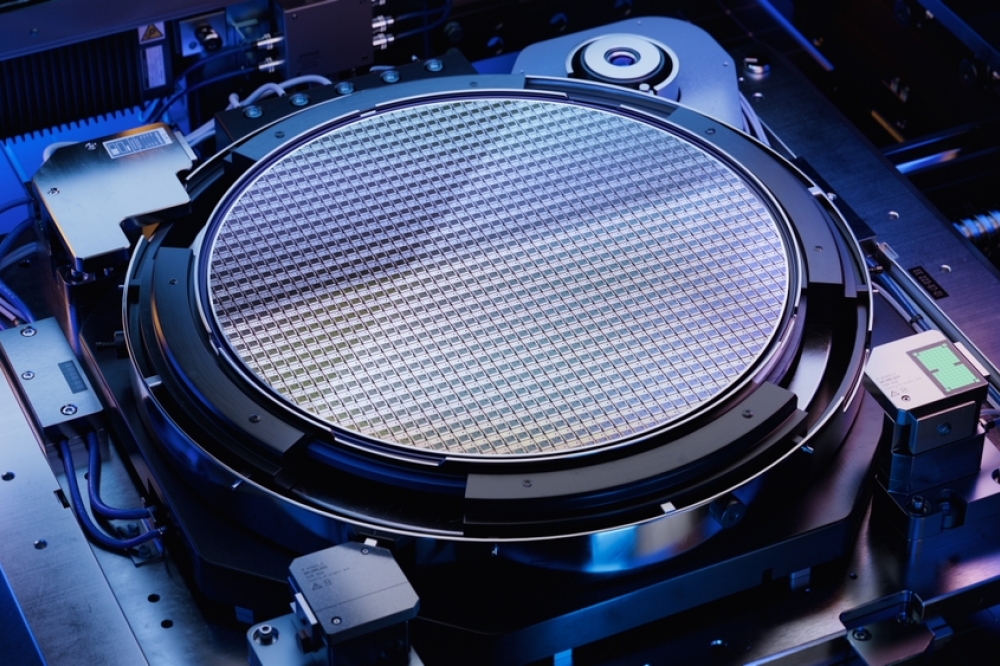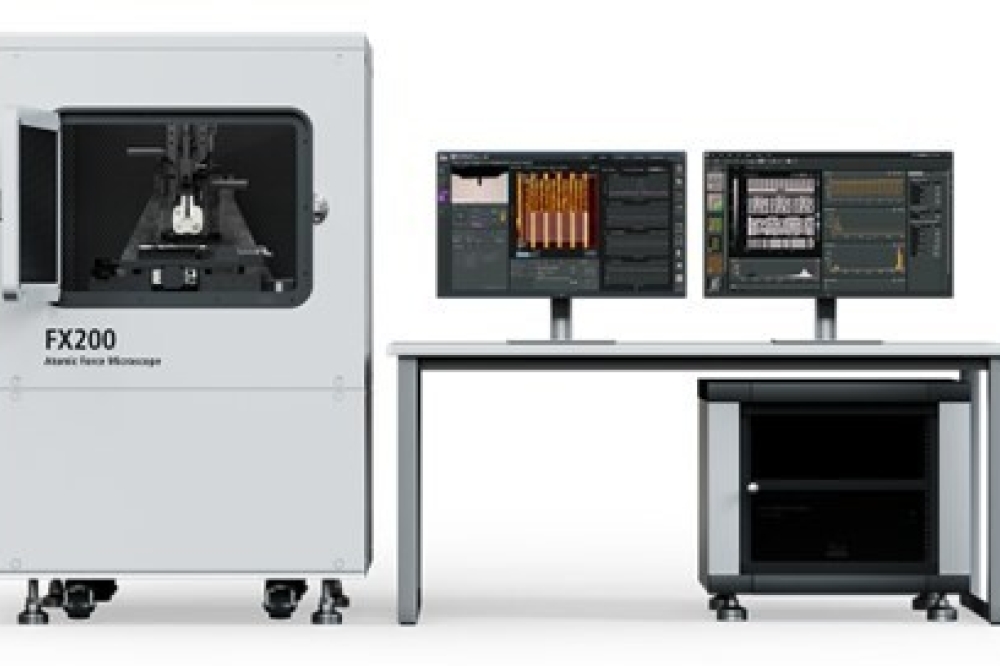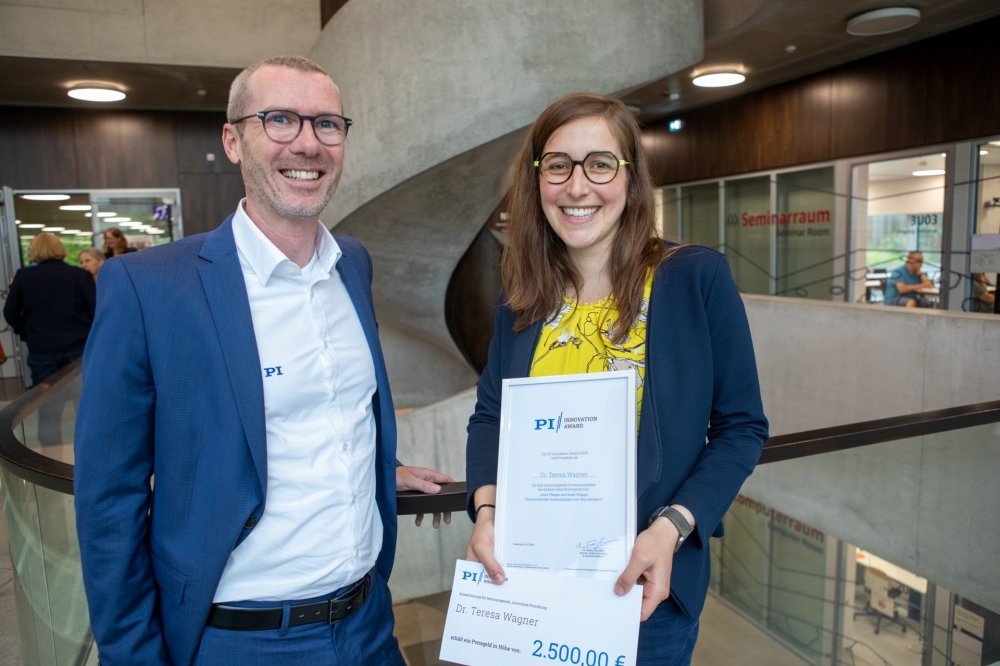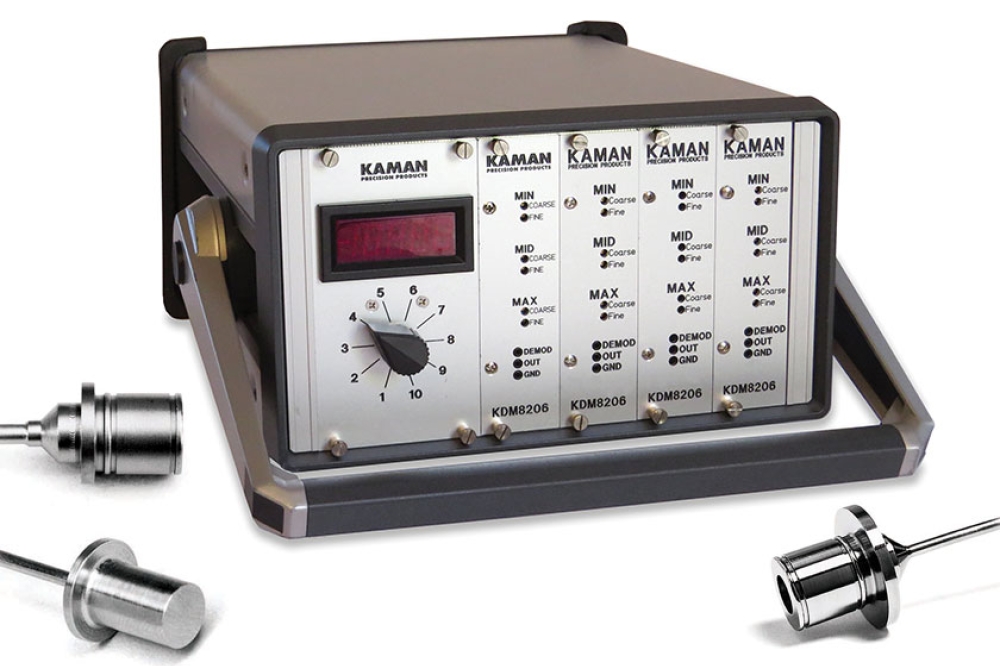SEALSQ post-quantum semiconductors to bridge the AI divide

SEALSQ recently provided a progress update on its Post-Quantum Semiconductors program.
In the rapidly evolving landscape of quantum computing, SEALSQ is at the forefront of innovation with its introduction of post-quantum semiconductors. These cutting-edge chips are designed to significantly enhance security, identification and data processing capabilities, ensuring a leap forward in Artificial Intelligence (AI) performance, security, and efficiency. With the quantum computing chip market expected to grow at a CAGR of 45.1% by 2030, SEALSQ's solutions are timely and pivotal.
SEALSQ's portfolio, encompassing semiconductors, secure elements, roots of trust, cryptographic keys, and hardware security modules, demonstrates an unwavering commitment to technological advancement and security. These innovations are essential in an era where the AI divide is increasingly pronounced, and the need for robust, quantum-resistant technologies has never been more critical.
Key Innovations of SEALSQ Post-Quantum Chips:
• Quantum Speedup: By leveraging quantum superposition, SEALSQ chips offer unprecedented data processing capabilities. This advancement is set to revolutionize AI training times and inferencing speeds.
• Quantum Annealing & Optimization: These chips utilize quantum annealing to expedite the discovery of optimized solutions, a game-changer for machine learning applications.
• Quantum Machine Learning: At the core of SEALSQ's technology is pioneering quantum machine learning research, promising to enhance AI performance, speed, and accuracy.
• Post-Quantum Cryptography: In response to emerging security challenges, SEALSQ chips are built with post-quantum cryptographic methods, offering protection against quantum computing threats.
• Quantum Networking & Communication: The chips incorporate quantum communication methods, including quantum key distribution, to ensure ultra-secure data transmission.
• Quantum-enhanced Sensor: Featuring advanced quantum-based sensors, SEALSQ chips provide the semiconductor industry with superior precision in testing and quality control.
The demand for post quantum semiconductors technologies is surging across various sectors, including fintech, defense, space research, and more. This growth is further supported by government initiatives and the contributions of major market players.
In line with the concept of AI decentralization, as advocated by WISeKey (SEALSQ’ parent company) at the United Nations event in October 2023, https://lnkd.in/eF6hwC6K SEALSQ champions the notion of Semiconductors Sovereign AI. This approach encourages countries to utilize their unique data and cultural heritage to develop localized AI models, ensuring technology democratization and national control over digital futures.
The essence of Sovereign AI lies in its ability to democratize technology, allowing nations to reclaim control over their digital destinies. In a world where AI systems increasingly influence every aspect of society, from governance and security to healthcare and education, the importance of tailoring these systems to reflect the specific needs, values, and cultural nuances of individual countries cannot be overstated. Centralized AI technologies, often developed by a handful of global tech giants, run the risk of imposing a one-size-fits-all approach, neglecting the rich diversity of global cultures and the unique challenges faced by different nations.
Sovereign AI, by contrast, champions the decentralization of AI, proposing a model where countries utilize their data to develop AI applications that are inherently more relevant, accurate, and effective for their citizens. Moreover, the approach underscores the critical issue of data sovereignty. In the digital age, data is not just an asset; it is a reflection of a nation's identity, encompassing its cultural, social, and economic dimensions. Sovereign AI ensures that this data remains within national boundaries, processed and analyzed in ways that align with the country's laws, ethical standards, and societal values.
The benefits of adopting a Sovereign AI model extend beyond cultural relevance and data protection. It promises to spur economic growth by fostering local innovation and creating a domestic AI industry tailored to the country's specific needs. This, in turn, can lead to more effective solutions to local challenges, driving social inclusion and improving the quality of life for the populace. However, embracing Sovereign AI does not mean retreating into technological isolationism. On the contrary, it advocates for international collaboration and the development of global standards and ethical guidelines for AI that respect national sovereignty while ensuring safe and secure cross-border data flows. Such collaboration is crucial for addressing global challenges, from climate change to pandemic response, where AI can play a transformative role.
As AI continues to permeate every aspect of society, the importance of Sovereign AI becomes increasingly clear. It enables nations to tailor AI systems to their specific needs, ensuring cultural relevance, data protection, and fostering economic growth through local innovation.
SEALSQ's introduction of post-quantum semiconductors marks a significant step towards reducing the AI divide, empowering nations with the tools to develop AI applications that are secure, efficient, and aligned with their unique challenges and aspirations.


